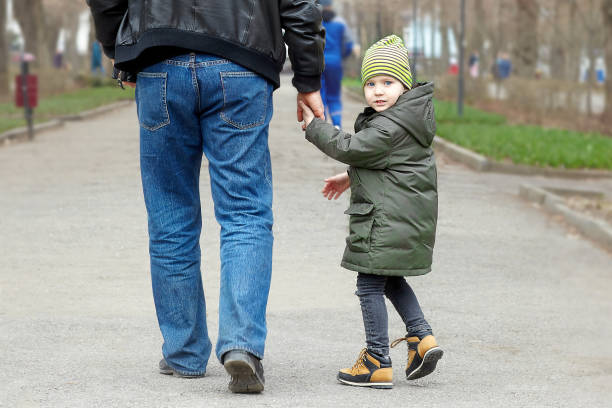
Section 67J Family Law Act provides the definition of a location order and a Commonwealth information order (CIO). Both of these orders are court orders that require a person or a government agency to provide information on a child’s location.
However, under what circumstances do courts use these kinds of orders? Courts use these orders when there are parties who don’t want to disclose information about a child’s location. If circumstances permit, these parties may opt to move a child away without anyone’s consent due to personal reasons.
For instance, a mother moving away with a child from the father or vice versa. If this happens, the seeking party may follow Section 67J and file for location and recovery orders. This article will discuss Section 67J of the Family Law Act 1975 and how to apply for recovery orders.
Section 67J Family Law Act: Recovery Orders
Parents use recovery orders if they want a child returned to them. Recovery orders have the authority to instruct police officers to find the child and return them to the seeking parent. These orders can also prevent people from ever taking the child away ever again. The following can apply for recovery orders:
- Grandparent of the child;
- A person who has parental responsibility for the child under a parenting order;
- A parent who the child lives with;
- People who the child spends time with or communicates under a parenting order; and
- People who are concerned about the child’s safety and development of the child.
These people can file location orders to the Federal Circuit and Family Court of Australia if there’s a parenting case. Moreover, these people can file location orders without the consent of the party hiding the child. The other party will receive a copy of the application before the hearing. Parties who will file a location order will include the following to support their affidavits:
- Personal history of the parties;
- Details of previous family law proceedings;
- Details about the child and his/her living arrangements;
- Where the child is and the reason for the move;
- Why recovering the child is in the child’s best interests;
- The effect on the child if a location order is not made; and
- Why the applicant believes that the other party has the required information.
Recovery orders will take place within 1-5 days from the application date if the matter is urgent. Meanwhile, recovery orders may last from 2-6 weeks if deemed as not urgent. Courts may fast-track the recovery process if the applicant has good reasons for the recovery. Also, courts may make an order to return a child to the parent at a specific time and place.
FAMILY LAW ACT 1975 – SECT 67J
Meaning of location order and Commonwealth information order
FAMILY LAW ACT 1975 – SECT 67J
Meaning of location order and Commonwealth information order
(1) A location order is an order made by a court requiring:
(a) a person to provide the Registry Manager of the court with information that the person has or obtains about the child’s location; or
(b) the Secretary of a Department, or an appropriate authority of a Commonwealth instrumentality, to provide the Registry Manager of the court with information about the child’s location that is contained in or comes into the records of the Department or instrumentality.
(2) A Commonwealth information order is a location order described in paragraph (1)(b).
What If The Applicant Doesn't Know Where The Child Is?
While this is surely a disturbing situation, there are other steps a parent can take for recovering a child. A CIO will require government bodies like Centrelink to provide information about the child’s whereabouts.
Centrelink helps out in child support payments and may know the location of the parent hiding the child. Secondly, publication orders are used to broadcast details about the missing child.
There may be instances where a parent might have flown overseas with a child. If this is the case, the Australian Federal Police (AFP) can help with their “Family Law Watchlist”. This watchlist alerts the AFP of children who are under parenting orders or who are moving overseas.
Parents who discovered the whereabouts of their children should seek a family lawyer for legal advice. Our family lawyers at JB Solicitors can help with child location and recovery for parents. We understand that this is a stressful situation and we also value the child’s best interests. We also have mediation services for disputed parties and simplify parenting arrangements that will suit the parties’ needs.
Send a message to a family lawyer today.